On a farm in Bavaria, German researchers are using gene editing to create pigs that could provide organs to save thousands of lives.



Very interesting.
Numerous vaccines, from flu shots to those those that help thwart chickenpox and measles, are widely used to guard against contagion, but researchers in France are proposing a breakthrough role for rotavirus vaccines: deploying them in cancer treatment.
Scientists from throughout France—Paris, Lyon, Villejuif and beyond—are part of a large research team that has asked a tantalizing question: Can rotavirus vaccines be repurposed to overcome resistance in cancer immunotherapy? The team is focusing on resistance that emerges to the form of cancer treatment known as checkpoint blockade immunotherapy.
So far, their investigation suggests the question about repurposing can be answered with a resounding “yes.”
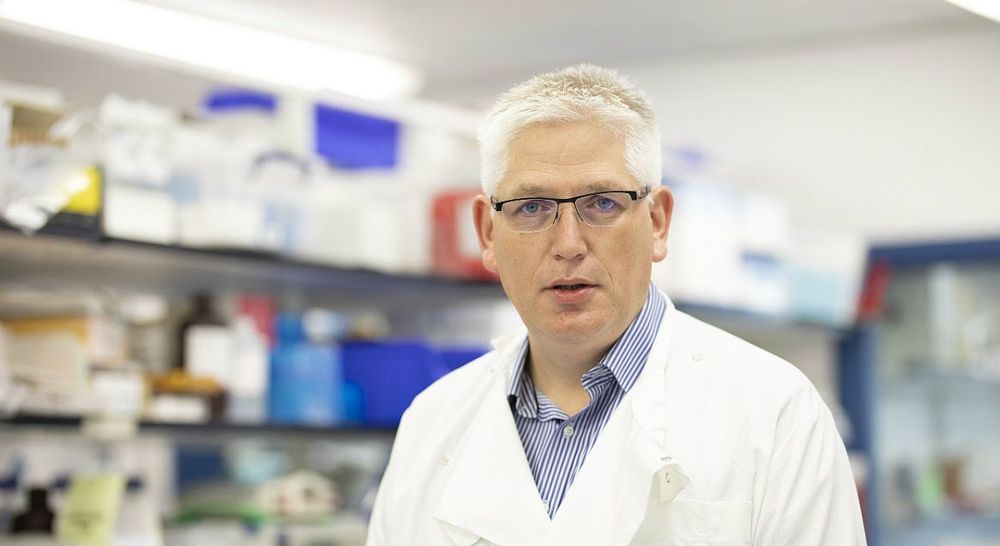
Researchers at the University of Dundee have made a discovery they believe has the potential to put the brakes on the ‘runaway train’ that is Parkinson’s disease.
The team, based at the Medical Research Council Protein Phosphorylation and Ubiquitylation Unit (MRC-PPU) in the School of Life Sciences, have discovered a new enzyme that inhibits the LRRK2 pathway. Mutations of the LRRK2 gene are the most common cause of genetic Parkinson’s.
Enzymes are molecular machines that regulate the biological processes required to maintain healthy functioning life. They can also be targeted by drugs to increase or decrease the level of certain activity –in this instance the LRRK2 pathway.
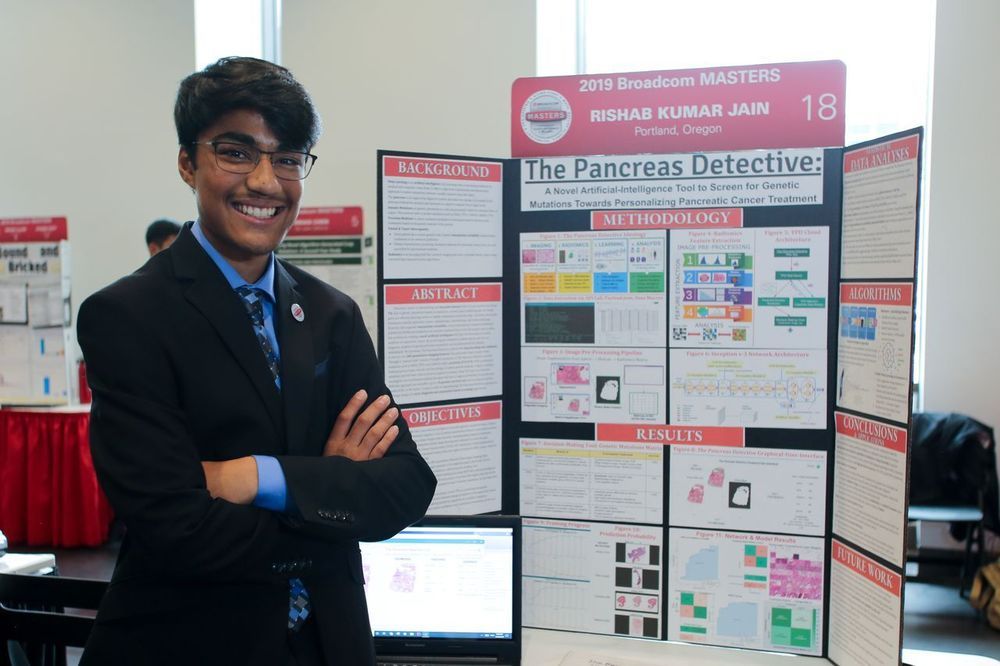
A Portland teen won second place in a national technology contest, taking home $2,500 that he can use to attend science camp next summer.
Rishab Jain, 14, is a freshman at Westview High School. His winning project, which he calls the Pancreas Detective, is an artificial intelligence tool that can help diagnose pancreatic cancer through gene sequencing. The algorithm helps doctors focus on the organ during examinations, which is often obscured because it moves around the abdominal area as patients breathe and other bodily functions shift other organs as well.
Last year, the same project netted $25,000 from 3M when he attended Stoller Middle School. He used that money to fund his nonprofit, Samyak Science Society, which promotes science, technology, engineering and math education for other children, Time Magazine reported.
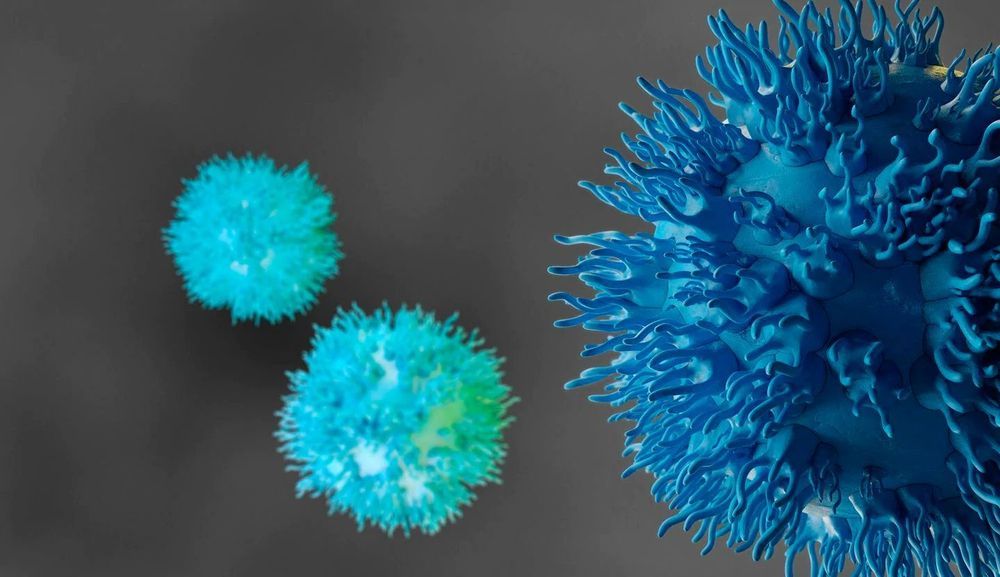
Unlike chemotherapy or radiation, which attack cancer directly, CAR-T engineers patients’ immune cells so they can do it themselves. T-cells are removed from the blood and given new genes that produce receptors that let the T-cells recognize and bind to leukemia cells with a specific protein, CD19.
The genetically modified T-cells are then multiplied in the lab and infused back into the patient, where they ideally multiply even further and begin to target and kill cancer cells with CD19.
Researchers at Rensselaer Polytechnic Institute have developed a way to 3D print living skin, complete with blood vessels. The advancement, published online today in Tissue Engineering Part A, is a significant step toward creating grafts that are more like the skin our bodies produce naturally.
“Right now, whatever is available as a clinical product is more like a fancy Band-Aid,” said Pankaj Karande, an associate professor of chemical and biological engineering and member of the Center for Biotechnology and Interdisciplinary Studies (CBIS), who led this research at Rensselaer. “It provides some accelerated wound healing, but eventually it just falls off; it never really integrates with the host cells.”
A significant barrier to that integration has been the absence of a functioning vascular system in the skin grafts.
Oct. 29 is World Stroke Day. Sometimes called a brain attack, stroke is the second leading cause of death worldwide and the fifth leading cause of death in the U.S. Men and women are at risk of a stroke, but women are more likely to have – and die – of a stroke than men. Dr. Kara Sands, a Mayo Clinic neurologist, says stroke kills twice as many women as breast cancer. The good news is that strokes are preventable, treatable and beatable.
Journalists: Broadcast-quality video (0:59) is in the downloads at the end of this post. Please “Courtesy: Mayo Clinic News Network. ”Read the script.
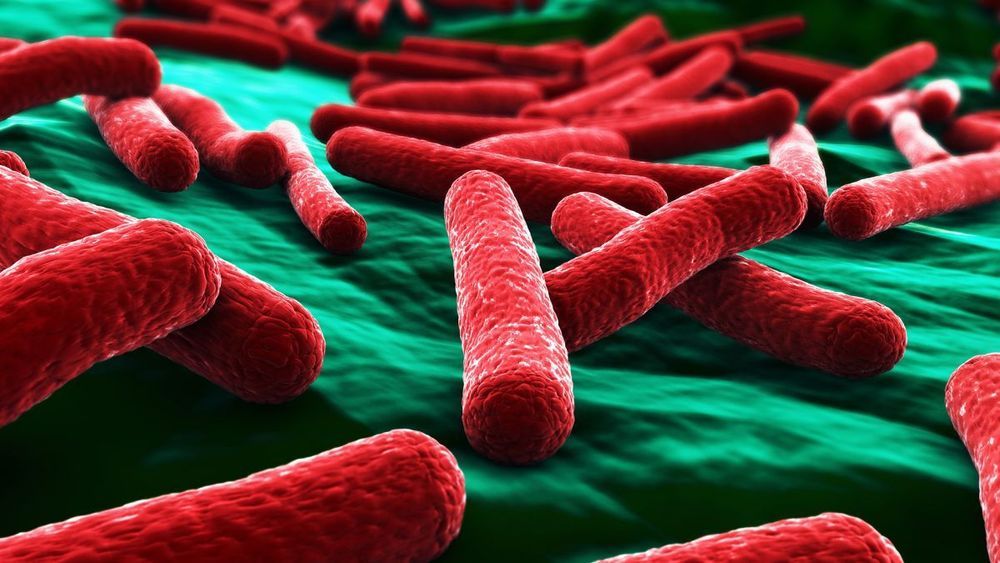
The first person known to die as a result of a fecal transplant is a 73-year-old man who developed a fatal infection with antibiotic-resistant bacteria that were in the donor’s stool sample.
News of the man’s death surfaced in June; he was one of two patients in separate clinical trials who became ill after receiving fecal transplants from the same donor, Live Science previously reported.
Bacterial infections that are resistant to treatment by our existing antibiotics are a huge threat to human health — and an enormous challenge for medicine. Scientists are exploring one fascinating line of research: compounds modeled after those found in the blood of the fearsome Komodo dragon.
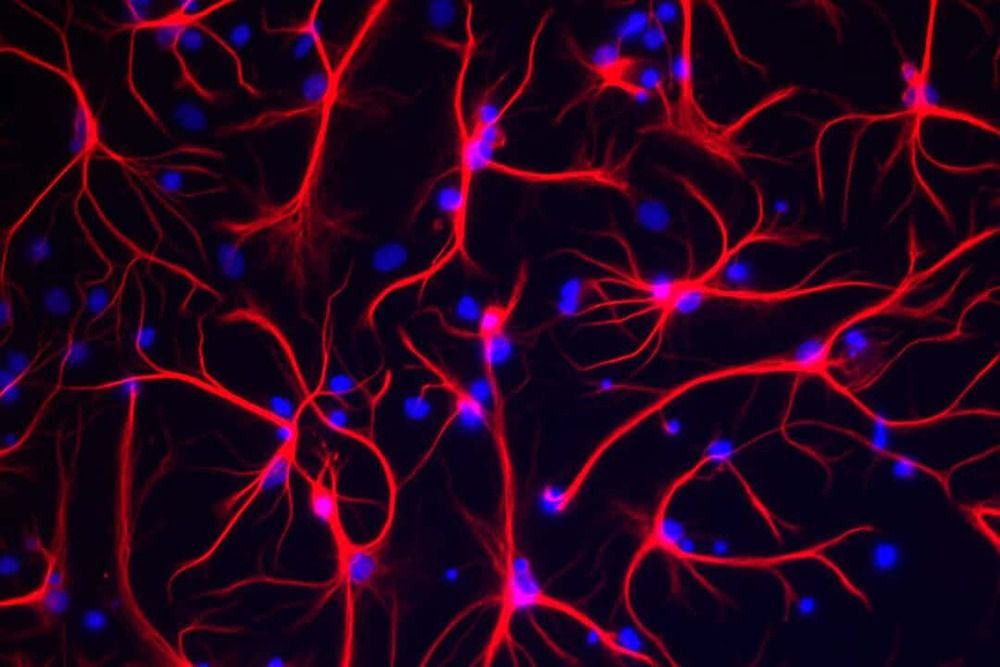
One of the most intriguing developments in the so-called golden age of neuroscience has been the growing understanding of “neuroplasticity”: the brain’s ability to constantly reshape itself and constantly learn new things by forging new connections throughout one’s lifetime — to grow proportions of gray matter and even shift brain activity to different regions of the brain.
Now a new research effort is taking the concept of neuroplasticity further — looking at diseased and injured brains that have permanently lost neurons. The effort, led by neuroscientist Magdalena Götz, explores whether “astrocytes” — non-neuronal, structural cells in the brain, can be reprogrammed to take up the tasks the neurons once performed.
“Everybody is astonished, at the moment, that it works,” says Nicola Mattugini, a neurobiologist at the Ludwig Maximilian University of Munich, Germany, when she presented her team’s results at the annual meeting of the Society for Neuroscience in San Diego, California. Their team reprogrammed the astrocytes in lab mice.